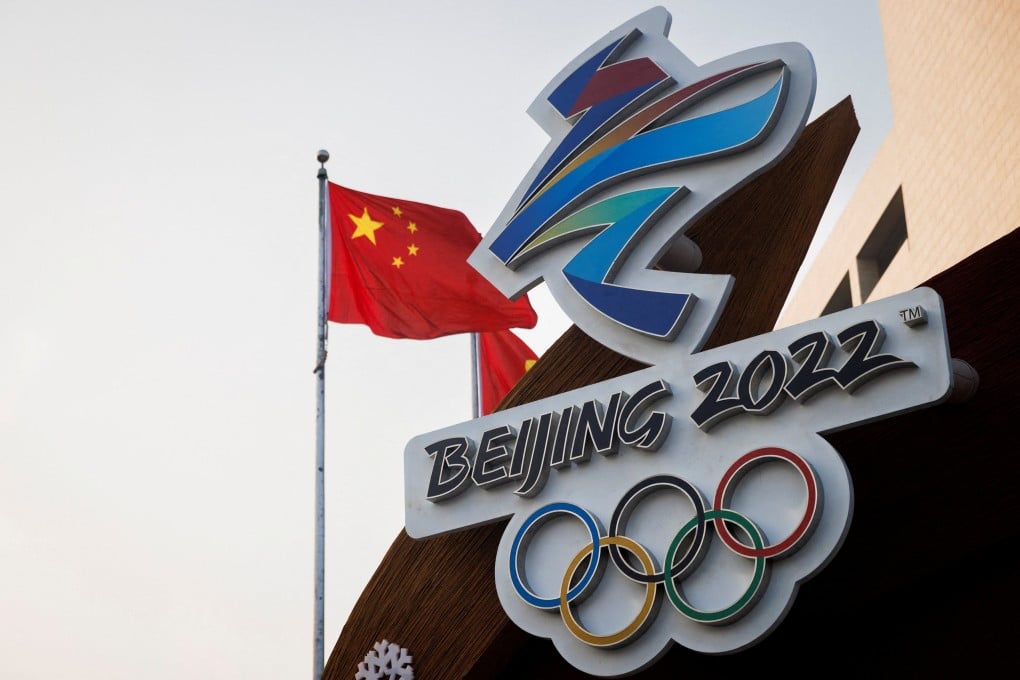Winter Olympics: Chinese official says those who speak out on sensitive issues may be punished as rights activists advise athletes to ‘stay silent’
- Beijing organising committee official Yang Shu says athletes must abide by Olympic charter rules and China national laws during the Games
- Human rights activist Craig Foster says ‘athletes should be enraged that both their host, and their governing body, seek to limit their voice’

China said it may punish athletes whose words and actions go against Chinese laws at next month’s Beijing Winter Olympics, as human rights activists warned participants against speaking out on sensitive issues to ensure their safety during the Games.
“Any expression that is in line with the Olympic spirit, I’m sure will be protected. Any behaviour or speeches that are against the Olympic spirit, and especially against Chinese laws and regulations are also subjected to certain punishment,” Yang Shu, the deputy director general of the international relations department of the Beijing organising committee, said on Wednesday.
Yang was speaking at an online briefing for the Beijing Games, held by the Chinese embassy in Washington.
He said the International Olympic Committee (IOC) also had its own penalties for violations of rule 50 of the Olympic charter, which bans any kind of “demonstration or political, religious or racial propaganda” at any venue during the Games.
Guidelines in the IOC Athletes’ Commission says any breach of rule 50 would first be evaluated by the athlete’s respective national Olympic committee, then the international federation and finally the IOC. Disciplinary action would be decided on a case-by-case basis.